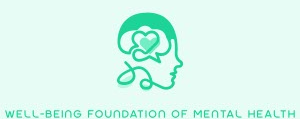|
HELPING CHILDREN DEAL WITH GRIEF AND LOSS Children and adolescents experience grief Understanding the impact that grief and loss can have on the emotional Separation and divorce are particularly hard on children. Conflict between Pre-school children see death as temporary The Family Help Kit prepared by NSWHealth of New South Wales, Australia
(Information for this information bulletin is from the Grief and For more information, contact:
|
(Last Updated On: )
